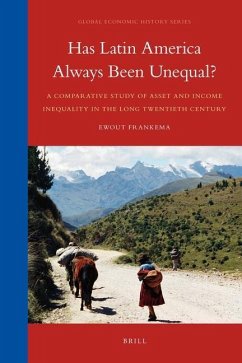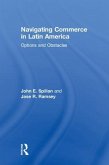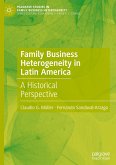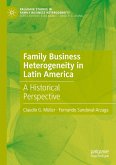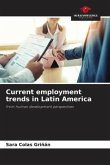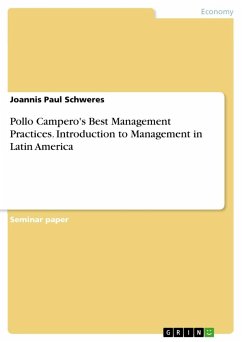The forces of industrialisation, urbanisation, globalisation and technological change have washed away the pre-modern outlook of most Latin American economies. Despite the improved opportunities of social mobility offered by economic modernisation, current income inequality levels (still) appear extraordinary high. Has Latin America always been unequal? Did the region fail to settle a longstanding account with its colonial past? Or should we be reluctant to point our finger so far back in time? In a comparative study of asset and income distribution Frankema shows that both the levels, and nature, of income inequality have changed significantly since 1870. Besides the deep historical roots of land and educational inequality, more recent demographic and political-institutional forces are taken on board to understand Latin America s distributive dynamics in the long twentieth century.
Hinweis: Dieser Artikel kann nur an eine deutsche Lieferadresse ausgeliefert werden.
Hinweis: Dieser Artikel kann nur an eine deutsche Lieferadresse ausgeliefert werden.
